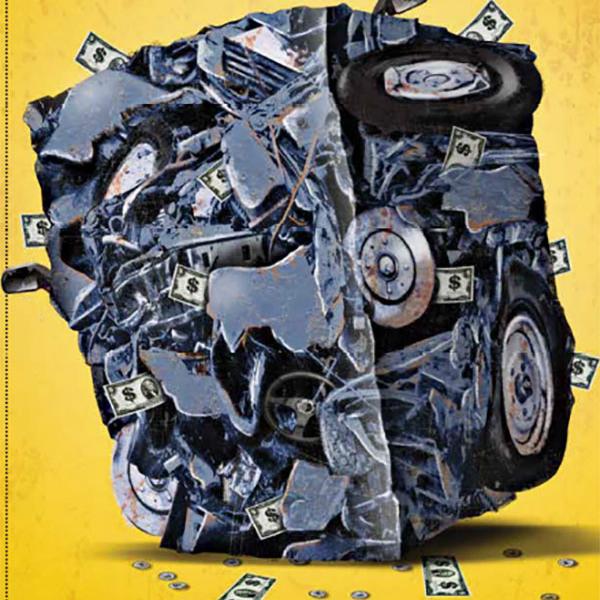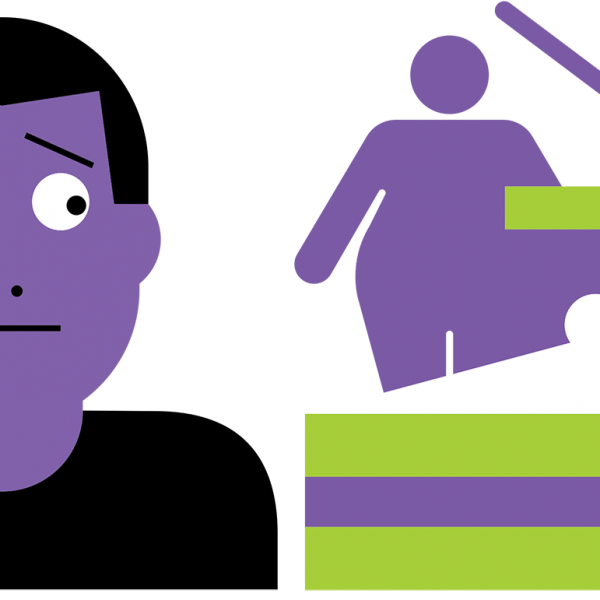Second Quarter 2014

Thank God for Jet Blue
Pray for JetBlue. by Severin Borenstein
Charticle
Multilingual and proud.
The Tax Reform that Just Won't Die [And Shouldn't]
VAT is French for... by Leonard E. Burman
Killing Themselves Slowly
India and China’s bad habits. by David E. Bloom, Elizabeth Cafiero-Fonseca, Mark E. McGovern and Klaus Prettner
The Little Monarchies That Could
Oman, Jordan and Morocco defy the odds. by Robert Looney
Ca$h for Clunkers... Not So Clever
Turned out to be a lemon. by Ted Gayer and Emily Parker
Derivatives: WMD or Insurance?
We lean toward the latter. by Apanard (Penny) Prabha, Keith Savard and Heather Wickramarachi
The Dollar Trap
Eswar Prasad on the dollar and the renminbi. A love story?
Start-Up Blues
Israel’s other securitiy problem. by Glenn Yago
Growth and Technology: The Wild Ride Ahead
Riding the technology dragon. by Joel Mokyr
Institute News
Busier than ever.
Summary of this Issue
In the latest Milken Institute Review, david e. bloom, elizabeth cafiero-fonseca, mark e. mcgovern of Harvard and klaus prettner of Germany's University of Gottingen estimate the dimensions of the health crisis sneaking up on China and India. "The cost of non-communicable diseases (in particular, cardiovascular diseases, cancer, chronic respiratory diseases and diabetes) will be high no matter what," they conclude. But "unless the issue is given top priority, it will be utterly staggering. Action will of course be costly, but far less costly than the alternative."
Also in this issue: A proposal to reform the income tax, stabilize entitlement spending and tame budget deficits in one grand bargain; a look at the role of financial derivatives in managing business risk and expanding access to capital; a response to jeremiads mourning the consolidation of the big carriers in the airline industry; a review of the Cash for Clunkers stimulus program of 2009; a view of the implications of our dependence on technology for continuing growth; and an argument that the rulers of Oman, Jordan and Morocco survived the Arab Spring because they deliver more of what their citizens crave.













